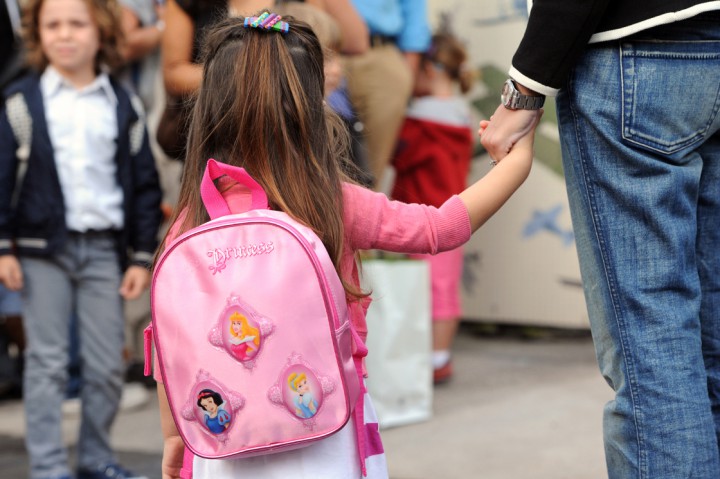Do you let your kids know that because they’re special, they deserve only the best the world has to offer? You’re trying to boost your kids’ confidence, but scientists warn that you may be raising selfish little narcissists.

Millennials are often picked on as being entitled and self-centered. Now, American researchers out of Ohio State University are pointing their fingers at parents who they say are fostering kids’ inflated views of themselves.
When you dote on your kids, telling them they’re “more special” than their peers or that they “deserve something extra in life,” kids internalize these parental messages. That spells trouble, the doctors say.
“Children believe it when their parents tell them that they are more special than others. That may not be good for them or for society,” Dr. Brad Bushman, the study’s co-author, said.
“When I first started doing this research in the 1990s, I used to think my children should be treated like they were extra-special. I’m careful not to do that now,” he said.
READ MORE: Teens love vacation selfies, parents say it’s narcissistic distraction
Bushman and his colleagues, including lead author Eddie Brummelman, studied 565 parents and their kids a handful of times over the course of 1.5 years to see if certain factors elevated narcissism in kids. They say they’re the first to conduct a prospective study to see how narcissism develops over time.
The kids were between 7 and 11 years old when the study began. Both parents and their children were surveyed four times, six months apart.
Turns out, parents “overvaluing” appeared to be the culprit that sparked vanity in their kids. The more parents agreed with statements such as, “My child is a great example for other children to follow,” the worse their kids fared.
There is a distinct line between conceit and self-esteem, the researchers note.
READ MORE: Are smartphones to blame for distracted parenting?
If kids had high self-esteem, they didn’t think they were better than their peers – they simply felt happy with themselves and the kind of person they were. Self-esteem was also born out of “more emotional warmth” from parents. That’s when both parties agreed with statements such as “My parents love me” instead of overvaluing statements.
“People with high self-esteem think they’re as good as others, whereas narcissists think they’re better than others,” Bushman said.
This isn’t the first time the duo took on parental overvaluation. It’s a hot button issue as parents are accused of coddling, helicopter parenting and meddling in their kids’ affairs well into adulthood.
READ MORE: ‘Educational’ products don’t make babies smarter: Canadian study
In their previous work, the researchers had parents think of how well-informed their kids were when it came to common subjects they should be aware of: astronaut Neil Armstrong or the novel Animal Farm, for example.
But they also threw in fictitious topics, such as “Queen Alberta” and “The Tale of Benson Bunny.”
In that case, parents who overvalued their kids claimed they knew about most of the subjects, even the ones that didn’t exist.
Parenting style isn’t solely to blame, the scientists concede. Personality is built up on genetics and temperamental traits, too.
They’re hoping their latest findings will make some parents cognizant of how they talk to their kids.
READ MORE: Newborn baby’s smell is as addictive as drugs or food
“It is important to express warmth to your children because that may promote self-esteem, but overvaluing them may promote higher narcissism,” they explain.
Their full findings were published Monday afternoon in the Proceedings of the National Academy of Sciences.
carmen.chai@globalnews.ca




Comments